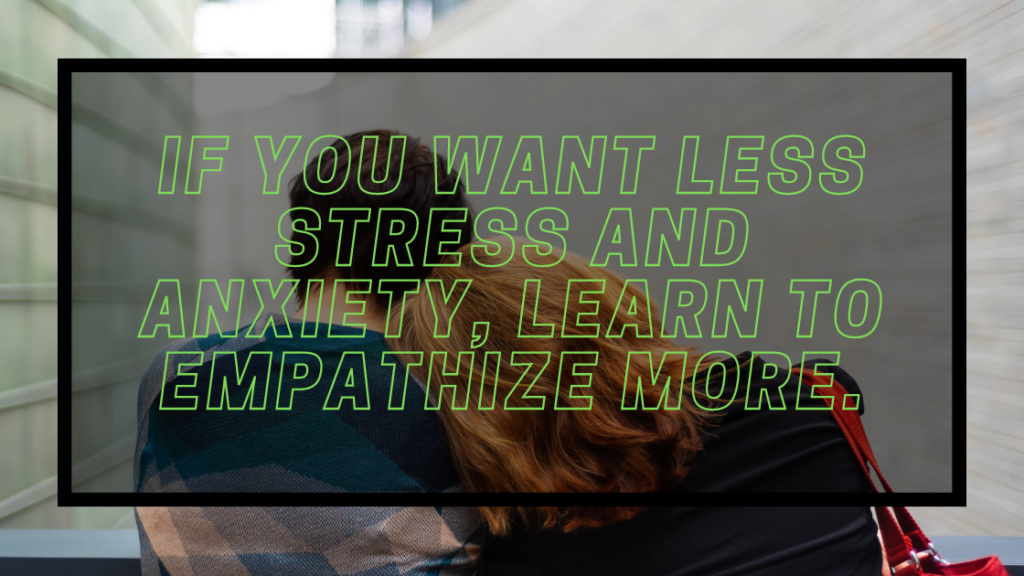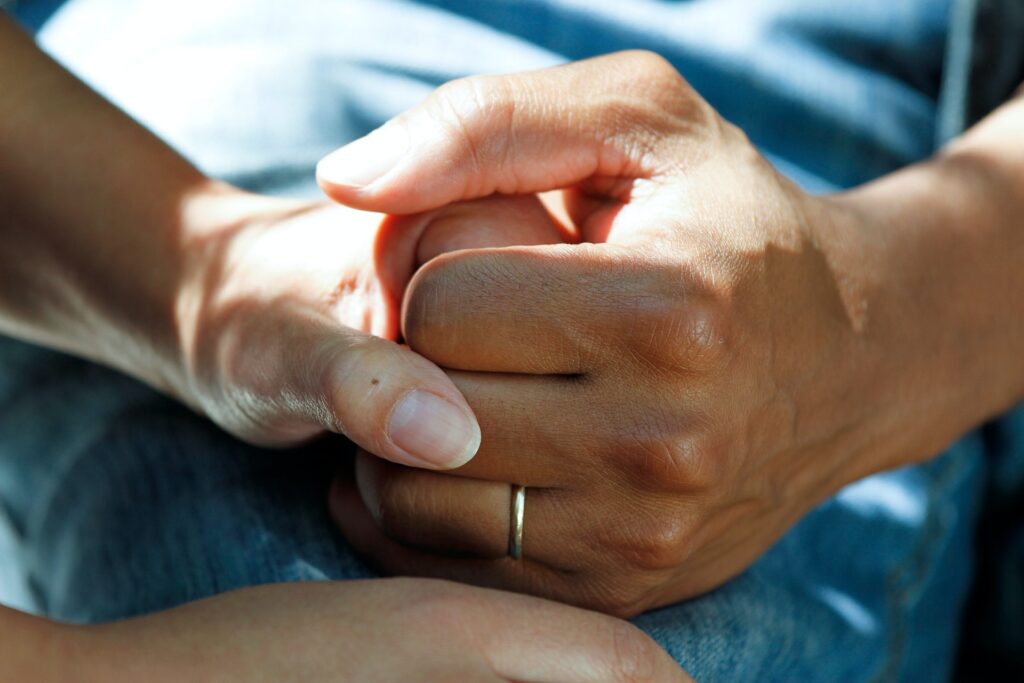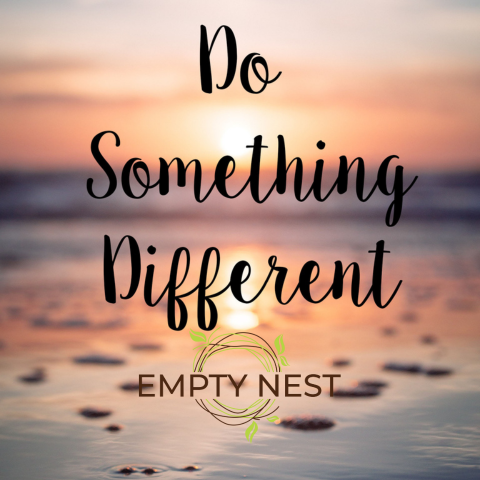
Life is an incredible journey filled with endless possibilities. One of the most exciting aspects of this journey is exploring new hobbies and passions that ignite our curiosity and bring joy to our hearts. In this blog post, I want to share my personal experience of trying something new—kayaking—and the valuable lessons it taught me about embracing adventure and discovering hidden passions. Join me as I dive into the world of exploration and along the way, I hope you are inspired to embark on your own journey of trying new things.
Embracing the Unknown:
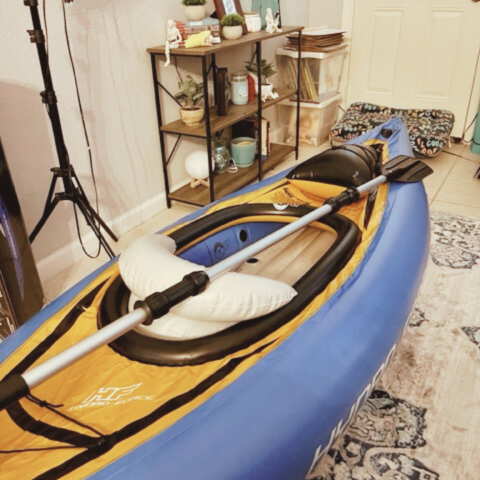
I was sitting around the house one day and decided to buy a kayak. It was the most random thought and some how I grabbed on to it and off I went to the sporting goods store!
Stepping into uncharted territory can be both exhilarating and nerve-wracking. As I prepared for my first kayaking adventure, a rush of excitement and anticipation washed over me. I purchased a PFD (personal flotation device), a whistle, water shoes, a paddle, and of course a kayak! I also had to learn the language of kayaking! The unknown awaited, offering a chance to experience something completely different. Embracing the unknown is a reminder that life is full of surprises, and each new experience has the potential to broaden our horizons and open doors to unexpected passions. So, whether it’s picking up a paintbrush, strapping on hiking boots (which I plan to do this fall!), or trying your hand at cooking, embrace the unknown with an open heart and a curious mind.
Embracing the Empty NestOvercoming Fear and Embracing Growth:
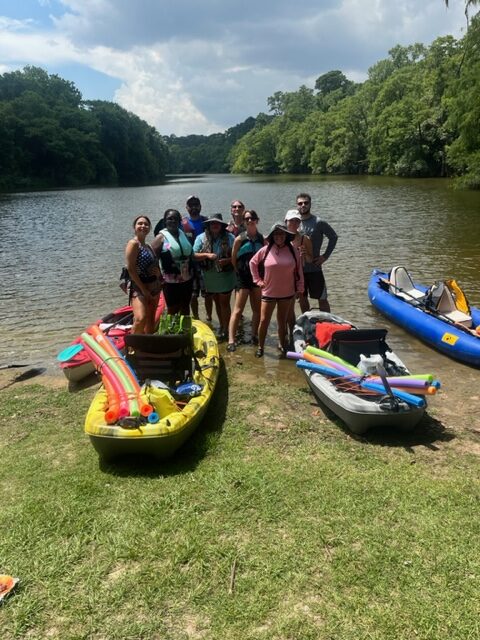
The start of the day with the new friends I met. It was time to either do it, or go home afraid.
Venturing into new hobbies often requires stepping outside of our comfort zones and facing fears head-on. As I pushed off from the shore in my kayak, a mix of fear and excitement surged through me. The fear of the unknown waters and the uncertainty of my abilities threatened to hold me back. However, as I paddled onward, I realized that growth happens when we push beyond our limits and challenge ourselves. By conquering our fears, we unlock hidden potential and gain newfound confidence. Embrace the discomfort and trust in your ability to navigate through the challenges that arise as you explore new hobbies and passions.
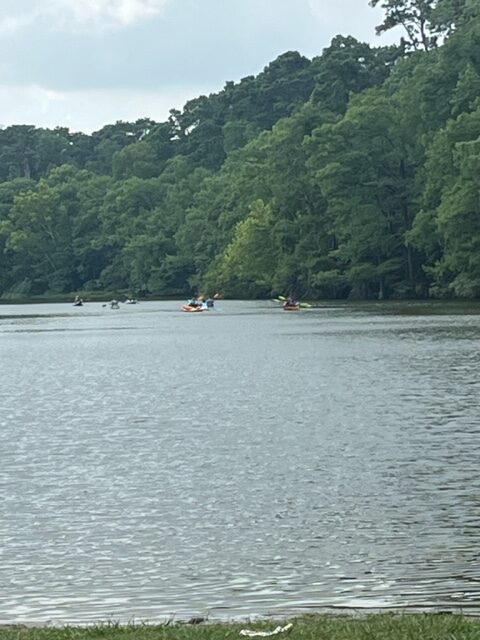
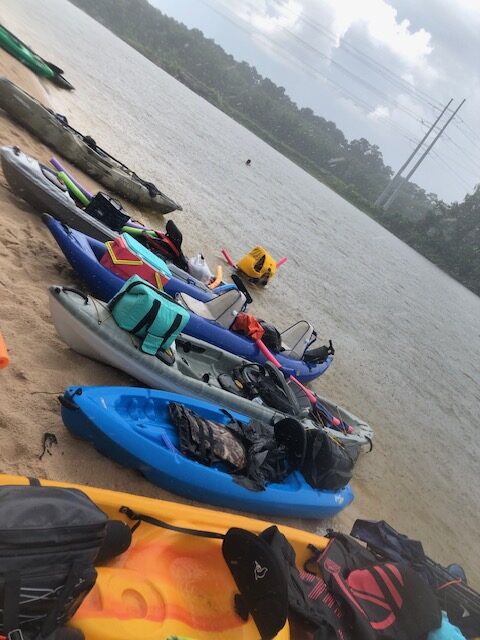
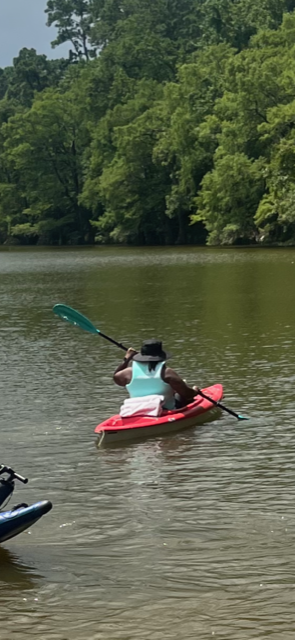
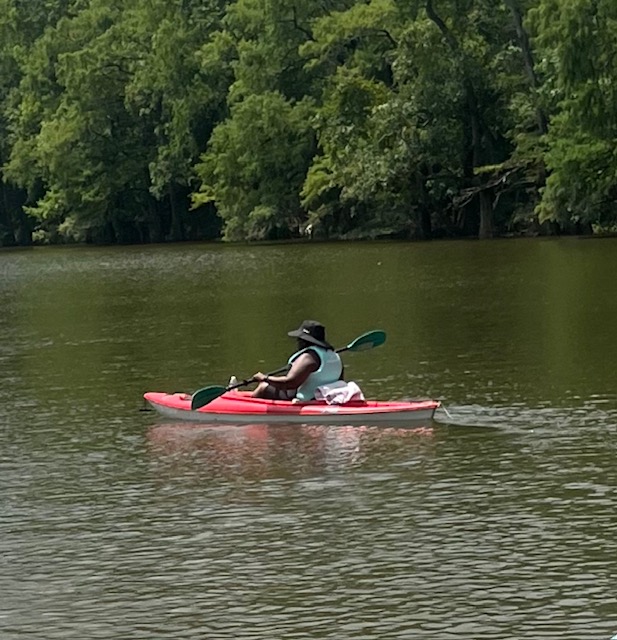
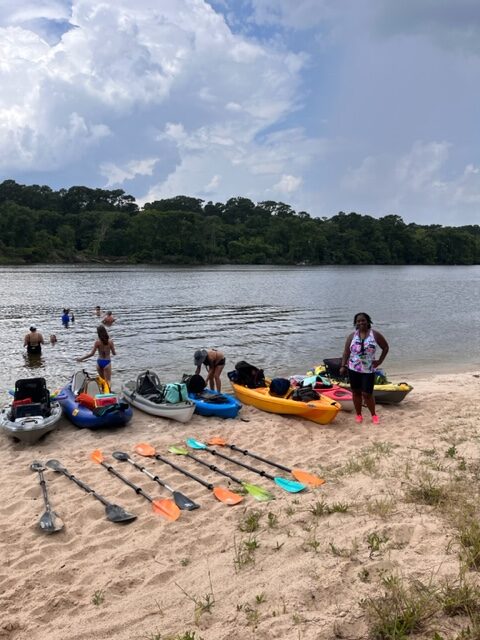
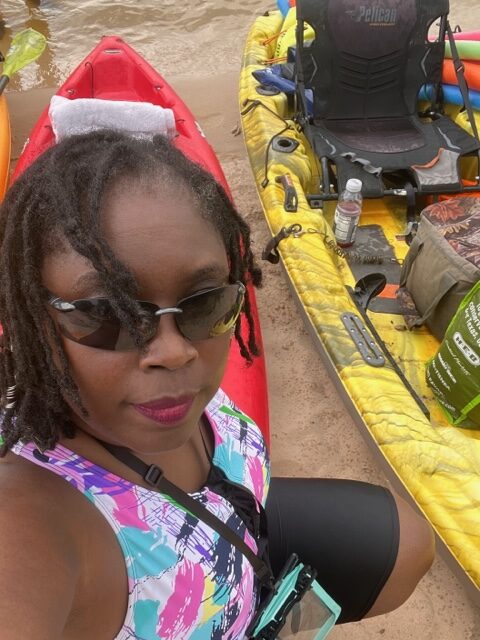
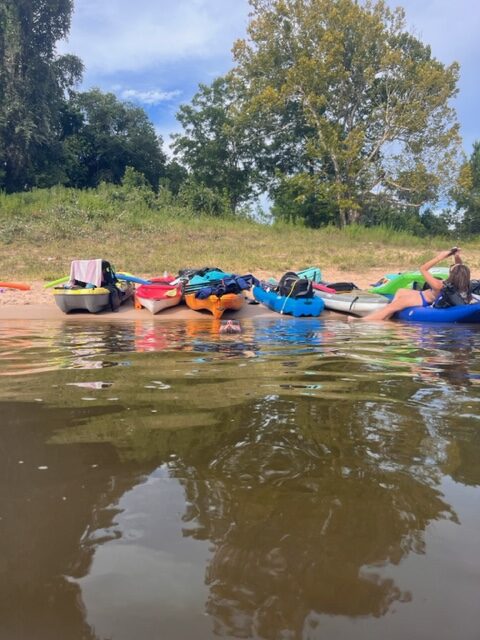
Discovering Hidden Passions:
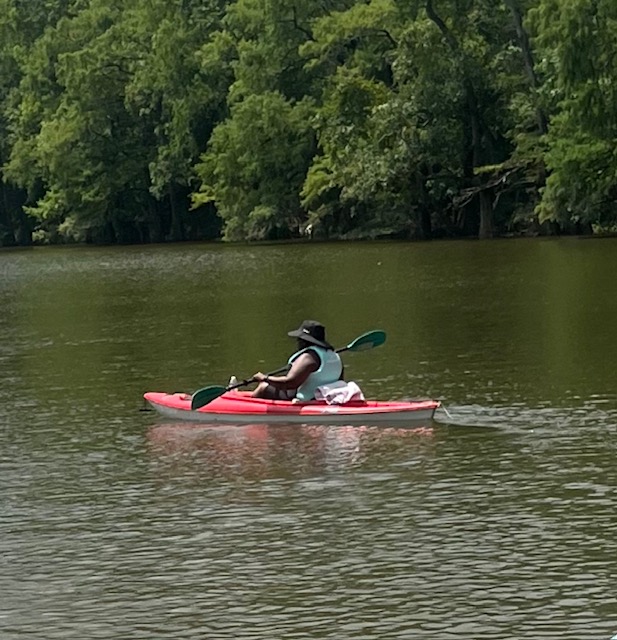
My first time in a kayak and here I am paddling down a river!
Trying new activities allows us to tap into our true selves and discover passions we never knew existed. As the gentle current carried me along, I found myself immersed in the serenity of nature, the rhythmic sound of water against the kayak becoming a soothing melody. In that moment, I realized my love for the outdoors and the peace it brings to my soul. Exploring new hobbies provides a gateway to self-discovery, where hidden passions can be uncovered. Be open to the unexpected and let your heart guide you towards the activities that ignite your spirit.
Embracing a Life of Adventure:
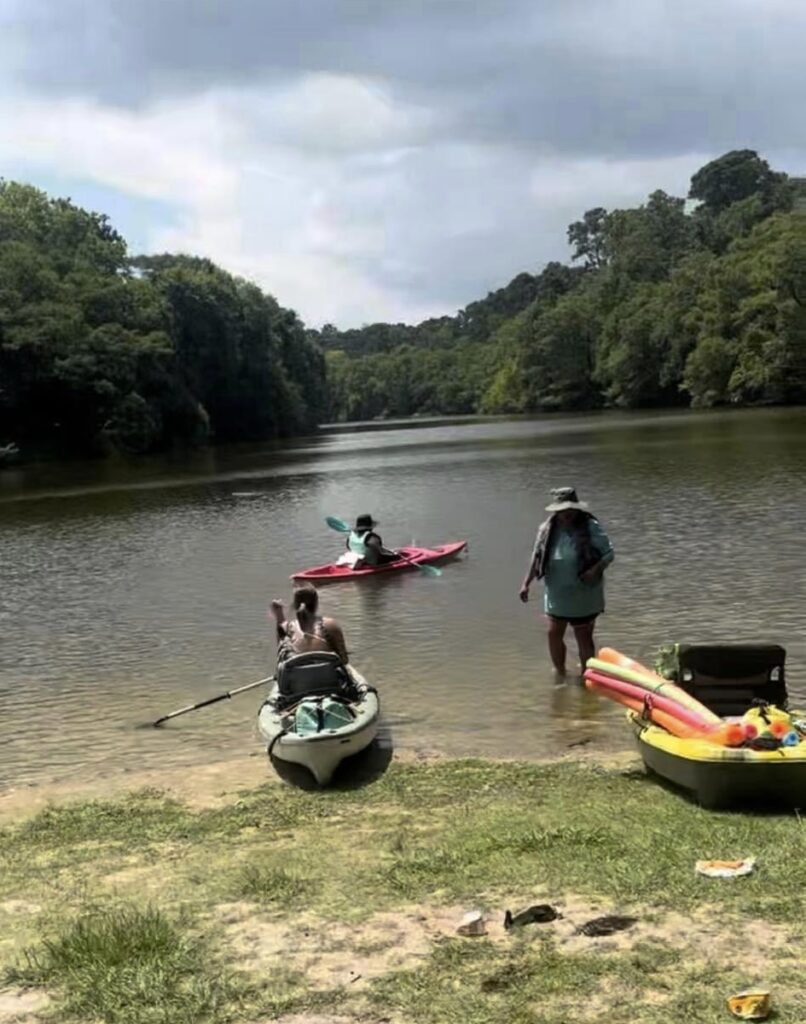
Life is meant to be lived. Why not let it be an adventure filled with vibrant experiences and cherished memories? Trying new hobbies and passions adds depth and richness to our lives. It awakens our senses, fuels our curiosity, and expands our perspectives. Embrace a life of adventure by making a commitment to continuously explore new activities, challenge yourself, and embrace the joy that comes from pushing boundaries. Let your passions lead you to exciting places and uncover the beauty of a life well-lived.
As I reflect on my first kayaking experience, I am reminded of the transformative power of trying new things and exploring different hobbies. Embracing adventure and discovering hidden passions are essential elements of a fulfilling life. So, step out of your comfort zone, embrace the unknown, overcome your fears, and open yourself up to the boundless possibilities that await. Let the world be your playground and embark on a journey of self-discovery through new hobbies and passionate pursuits. Remember, it’s never too late to start something new and create a life filled with adventure and joy.
What new adventure will you try?
I’d love to hear from you. Comment below and subscribe to The Empty Nest.
Shereece

